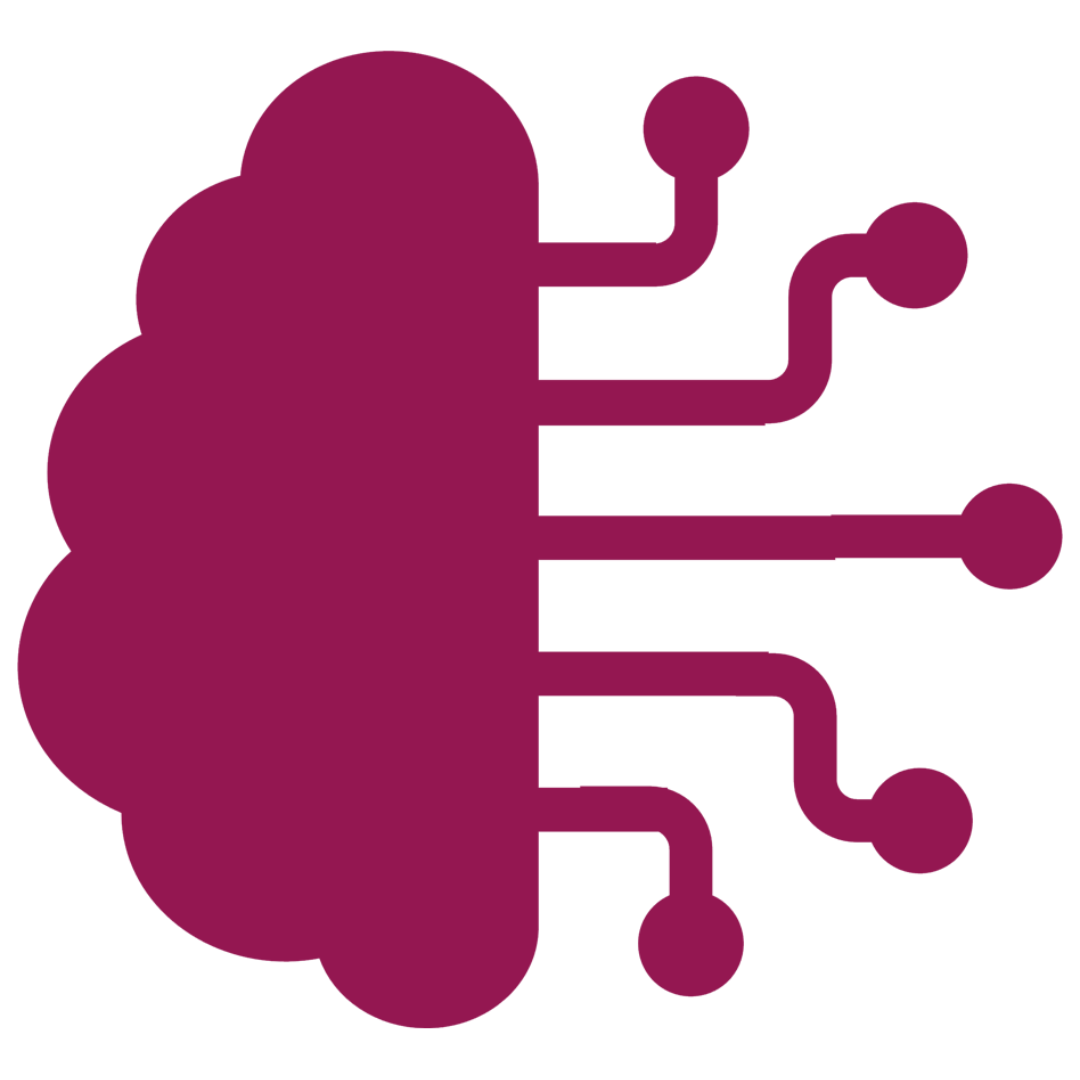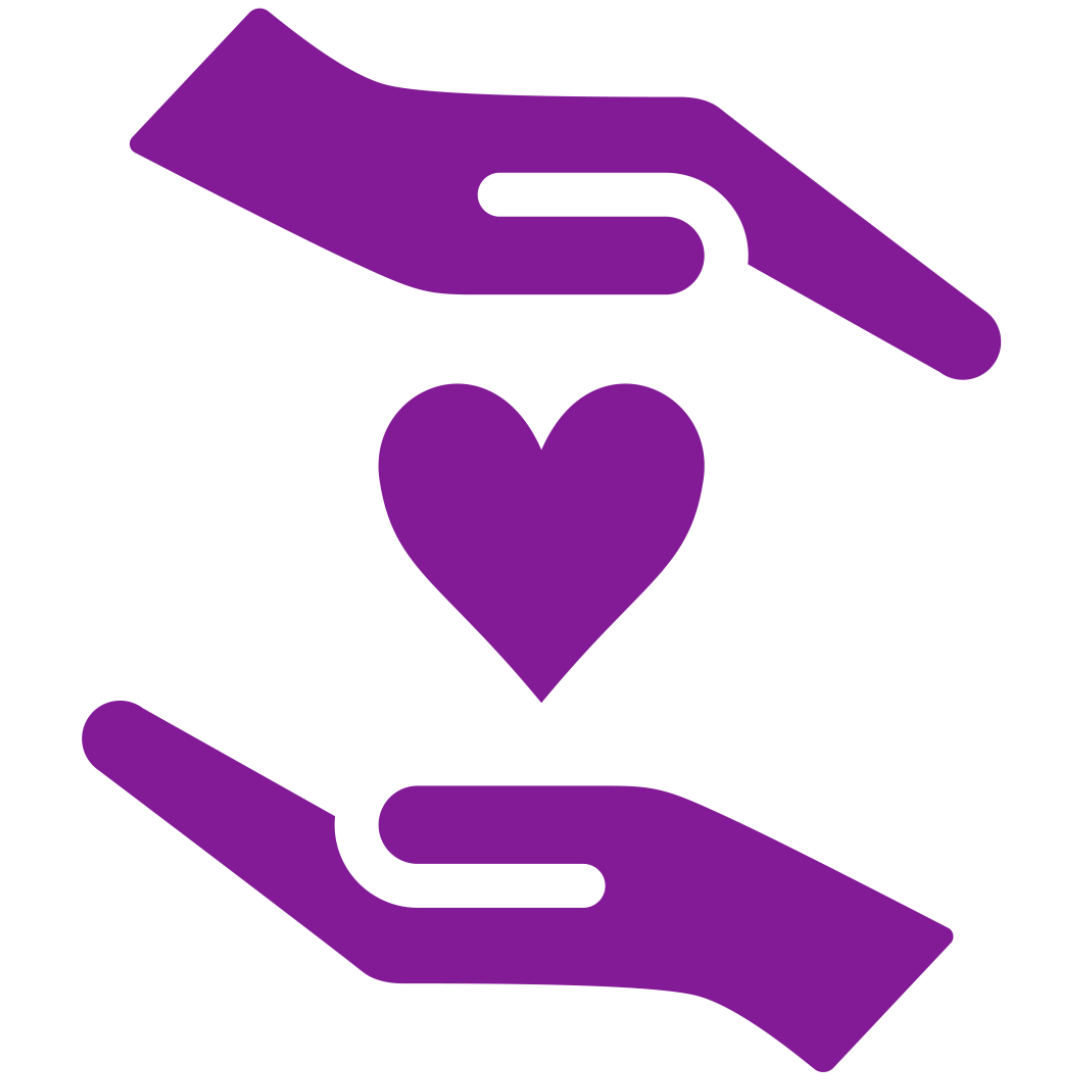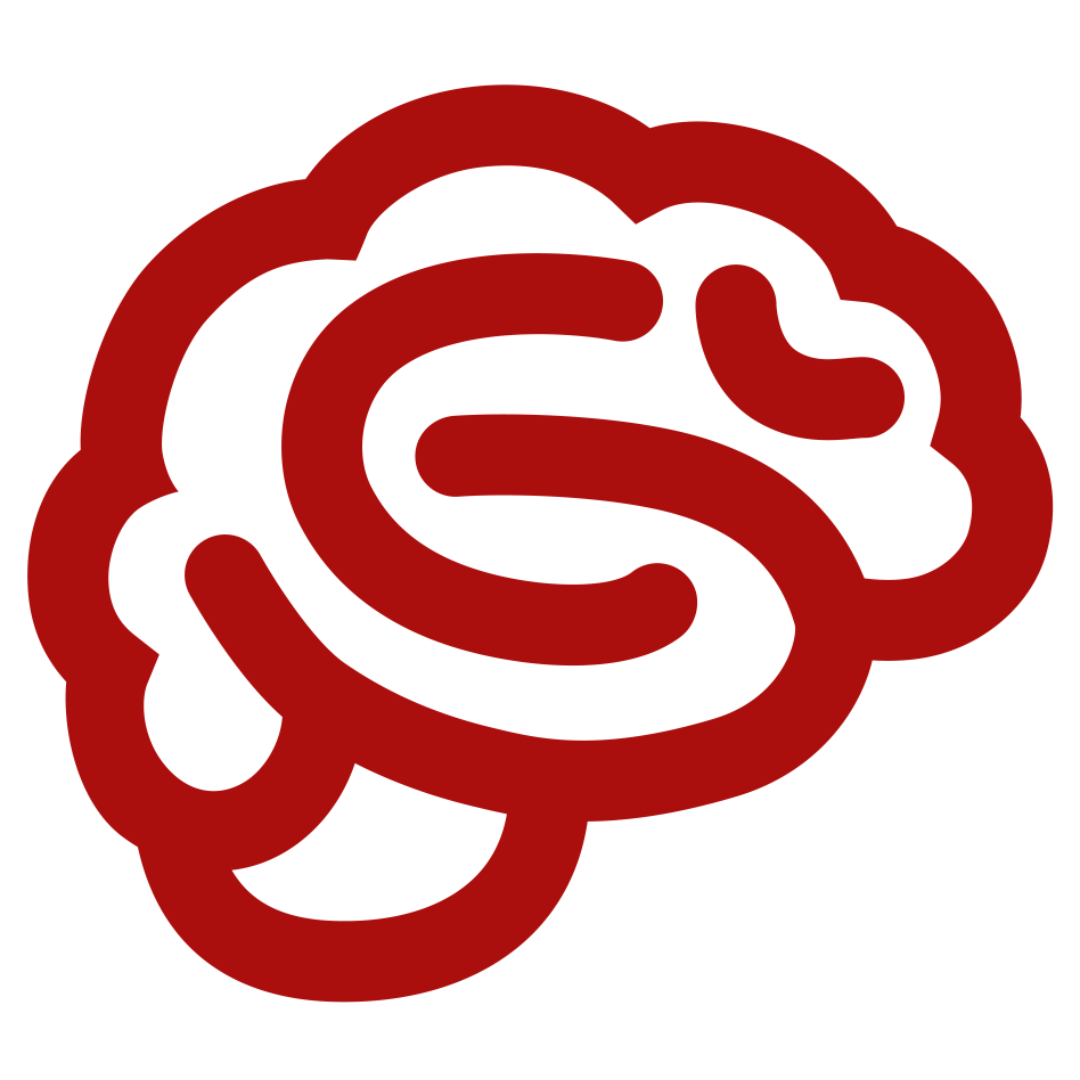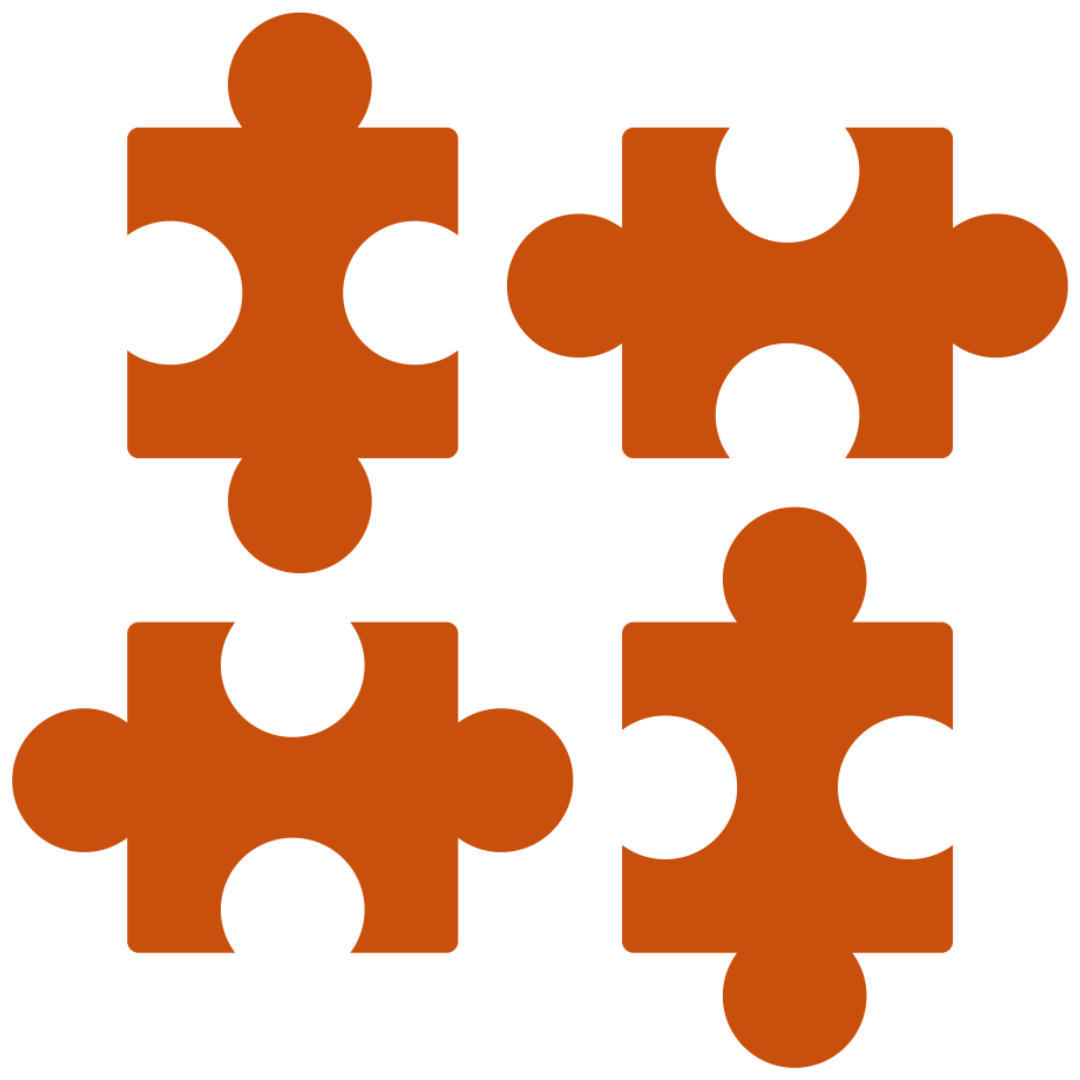Future Skills | Modules
Skills for school, skills for life

The skills
The following Future Skills modules are available for students to complete or educators to incorporate into your course.

Adaptability
Adaptability is being able to achieve or adjust goals and behaviours when expected or unexpected change occurs by planning staying focused persisting and overcoming setbacks.

AI literacy
AI literacy is being able to use artificial intelligence (AI) and AI-generated content responsibly and with a critical eye and identify the practices that will help a student use AI effectively in different types of situations.

Collaboration
Collaboration is being able to contribute and support others to achieve a goal. Teamwork is a cooperative process that allows ordinary people to achieve extraordinary results.

Communication
Communication is the ability to construct and convey a message through an appropriate medium. Good communication skills enhance a student’s ability to think critically and collaborate with others.

Digital literacy
Digital literacy is being able to understand how to access and use digital information, practice netiquette, collaborate effectively online, and think about digital footprint.

Inclusivity
Inclusivity is the ability to acknowledge and respect different behaviours and ideas in a non-judgmental way and allows students to be inclusive and welcoming towards different ways of thinking and behaving.

Metacognition
Metacognition is the ability to “think about your own thinking”. It is the ability of the mind to plan, monitor, and assess its own learning and performance.

Problem solving
Problem solving is the ability to connect various analytical strategies to come up with creative solutions to manage difficult situations.

Self management
Self management is being able to regulate one’s emotions, thoughts, and behaviours effectively. It allows students to organize their time, motivate themselves, and control emotions and actions.
Upcoming modules

Future modules
Five or more modules will be added to the catalogue in the coming months.
Constructive Dialogue
Constructive dialogue is being able to communicate clearly, regulate emotions, and engage respectfully, even in high-stress situations. It involves providing and receiving constructive feedback, distinguishing strong arguments, and resolving conflicts effectively.
Want more information?
Collection of personal information
Your personal information is collected under
the authority of section 33(c) of the Freedom of Information and Protection of Privacy Act. If
you have any questions about the collection or use of this information, please visit our
Access to Information page.
